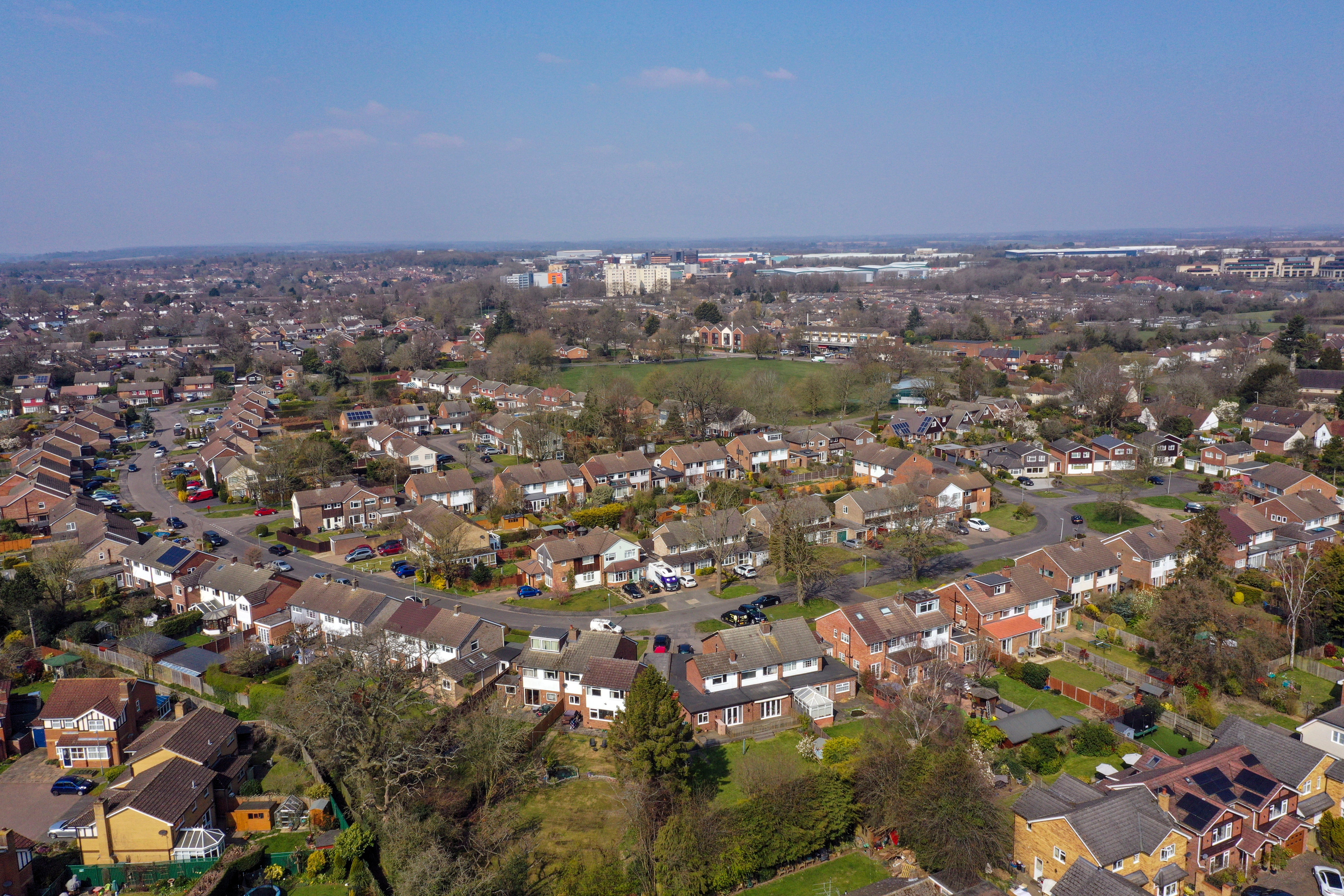Average price tag on a home dipped by about £1,000 in August, says Rightmove
The fall was driven by bigger properties at the higher end of the market, with demand remaining strong in the ‘mass market’ sector, Rightmove said.

Your support helps us to tell the story
From reproductive rights to climate change to Big Tech, The Independent is on the ground when the story is developing. Whether it's investigating the financials of Elon Musk's pro-Trump PAC or producing our latest documentary, 'The A Word', which shines a light on the American women fighting for reproductive rights, we know how important it is to parse out the facts from the messaging.
At such a critical moment in US history, we need reporters on the ground. Your donation allows us to keep sending journalists to speak to both sides of the story.
The Independent is trusted by Americans across the entire political spectrum. And unlike many other quality news outlets, we choose not to lock Americans out of our reporting and analysis with paywalls. We believe quality journalism should be available to everyone, paid for by those who can afford it.
Your support makes all the difference.The average price tag on a home fell by just over £1,000 in August, according to a property website.
Across Britain the average asking price in August was £337,371, down by 0.3% or £1,076 compared with July, Rightmove said.
It marked the first monthly fall in the average price of property coming to market so far in 2021 and was predominantly due to a cooling at the higher end of the market, the website added.
The fall was driven by bigger homes with at least four bedrooms, it said.
By contrast, activity remains strong in the “mass market” sector including homes with fewer bedrooms.
Lower-priced homes are much less affected by the withdrawal of most stamp duty incentives, Rightmove added. A stamp duty holiday in England and Northern Ireland was tapered from July.
Despite the monthly dip, the average asking price is still 5.6% higher than a year ago.
Tim Bannister, Rightmove’s director of property data, said: “New sellers dropping their asking prices can ring economy alarm bells, especially when it’s the first time so far this year, so it’s important to dig underneath the headline figures.
“Firstly, we are in the holiday season which means that sellers have traditionally tempted distracted buyers with lower prices, though that might well be less applicable this year with many buyers having to stay a lot closer to home.
“Indeed, our analysis shows that average prices have only fallen in the upper-end sector, which is usually more affected by seasonal factors such as the summer holidays and has also seen the greatest withdrawal of stamp duty incentives.
We're seeing a continued surge in the volume of new buyers looking to purchase the limited housing stock available. This is creating a fast moving, favourable market for sellers
“The mass market of properties that cater for first-time buyers and second-steppers is still seeing high demand and upwards price pressure leading to new, record high, average prices in those sectors.
“In England there remains a smaller stamp duty saving of up to £2,500, though the window to take advantage of this saving by buying now and completing by the end of September is pretty much closed.”
Rightmove predicts that there will be an autumn bounce. In the first week of August, individual buyer inquiries to agents were up by 56% on the same period in the pre-Covid year of 2019.
The number of sales agreed was also up by 9% on the same period in 2019.
Many sellers are choosing to have a buyer lined up subject to contract before trying to secure their own purchase, Rightmove said.
Mr Bannister added: “Sell before you buy is a successful tactic in fast moving markets, especially the current one where any new listings popular in both specification and location are selling in days rather than weeks.”
Toby Philips, managing director for Countrywide said: “Although we’re seeing glimmers of a downturn in house prices as a result of the tapered stamp duty holiday deadline, we’re seeing this predominantly in the premium end of the market.
“Across our southern region, in particular, we’re seeing a continued surge in the volume of new buyers looking to purchase the limited housing stock available. This is creating a fast moving, favourable market for sellers.
“We can see little sign of this abating and would go as far as predicting an autumn bounce in prices if buyer demand continues as it is.”